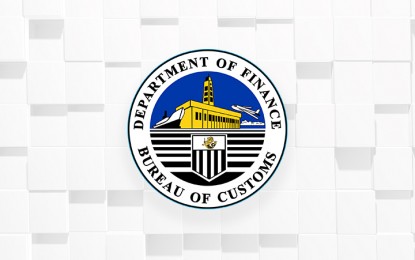
MANILA -- The nationwide roll-out of the Fuel Marking Program of the government has reached Mindanao, the Bureau of Customs (BOC) said Tuesday.
This after the marking of 60 million liters of diesel fuel at the Pilipinas Shell Petroleum Corporation-maintained Northern Mindanao Import Facility (NMIF) in Cagayan de Oro on November 25.
BOC officials and representatives from project contractor SGS-SICPA witnessed the marking, the first conducted by Pilipinas Shell.
After the activity, the Department of Finance, Department of Budget and Management, Bureau of Internal Revenue and the BOC conducted a preliminary inspection of the Davao terminals of Phoenix Petroleum and Insular Oil. The inspection is required prior to the marking of fuel products.
Under Republic Act 10963 or the Tax Reform for Acceleration and Inclusion (TRAIN) law, petroleum products that are refined, manufactured, or imported to the Philippines such as but not limited to, unleaded premium gasoline, kerosene, and diesel fuel shall be marked by an official marking agent after payment of taxes and duties.
The government is expecting that by Feb. 3, 2020, all gasoline, diesel and kerosene retailed in the country are marked. To date, around 435 million liters of fuel have already been marked.
Petroleum companies that have already engaged the enforcers and started to have their fuel marked are: Seaoil, Pure Petroleum Corp., Phoenix Petroleum Corp., Unioil Petroleum Philippines, the entire network of Chevron Philippines, Inc. and Shell NMIF.
Last August 2, the Fuel Marking Program of the government was first launched with the live marking of petroleum products at Seaoil Bulk Terminal in Mabini, Batangas.
Petroleum products found in the domestic market, including those in storage tanks, depots and terminal facilities shall be tested for compliance under the Fuel Marking Program.
The program is mandated to curb oil smuggling and misdeclaration of petroleum products in the country, and increase revenue collection from taxable imported and locally refined petroleum products. (PNA)
